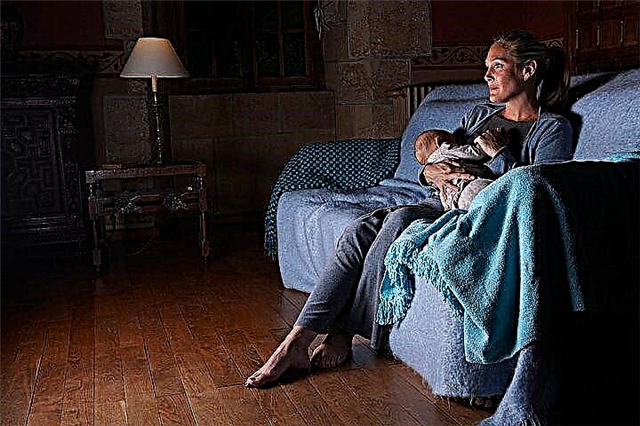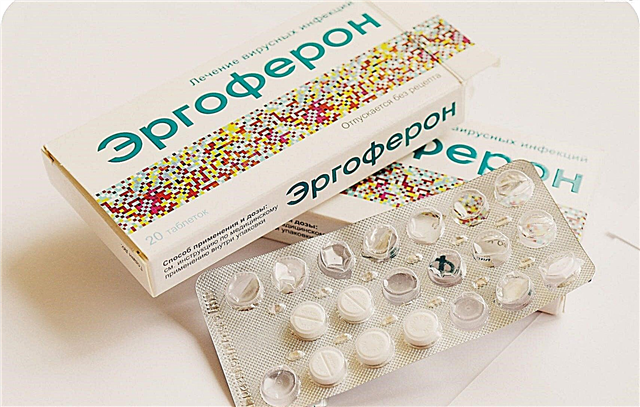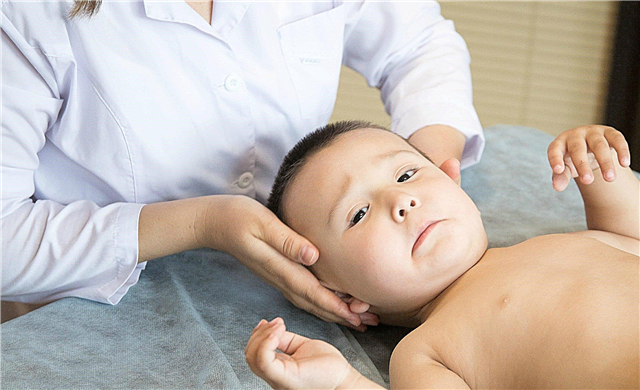
In the treatment of rhinitis in adults, various vasoconstrictors are in great demand, for example, Xilen. But is it possible to use such a drug in children and how to do it correctly so as not to harm the child?

Release form
Xylene is released in the form of drops, as well as in the form of a spray. The drug is presented as a clear liquid without color or with a slight color.
Xylen nasal drops are sold in 10 ml glass or plastic bottles. The bottle can be equipped with a dropper cap or a pipette is attached to it.
Xilen nasal spray is produced in polymer bottles or dropper bottles of different capacities. One bottle can hold 10, 15, 20 or 30 ml of the drug.


Composition
The main component in both the drops and the Xylen spray is a substance called Xylometazoline hydrochloride. Its 0.05% preparation contains 0.0005 grams per 1 ml, and each milliliter of the drug with a concentration of 0.1% - 0.001 g. Additionally, Xylen contains disodium edetate, sodium chloride, benzalkonium chloride, sodium hydrogen phosphate dodecahydrate, potassium dihydrogen phosphate and purified water.
Operating principle
The active substance of any form of Xylen is an alpha-adrenergic agonist used topically to narrow the vessels of the nasal mucosa. After entering the nasal cavity, the drug eliminates redness and swelling, which helps to restore the patency of the nasal passages, as well as to facilitate breathing through the nose.
Xylene begins to act 3-5 minutes after injection into the nose, and the effect of the drug lasts up to ten hours. In this case, the drug is almost not absorbed, therefore, it enters the blood in a minimal amount.

Indications
Xilen is appointed:
- With acute rhinitis, including allergic.
- With ARVI, the symptom of which is a runny nose.
- With nasopharyngitis.
- With sinusitis.
- With otitis media (as one of the complex treatment tools).
Also, the drug is used before rhinoscopy to facilitate such a diagnostic procedure.
At what age is it allowed to take
Treatment of children with 0.05% Xylene solution is permissible from 2 years old, and 0.1% drug can be used in children 6 years and older.
Application at an earlier age (for example, children under one year old) is possible only after a doctor's prescription.
Contraindications
The drug is prohibited for use in patients with hypersensitivity to its components.
Treatment with Xylen is not recommended for:
- Atrophic form of the common cold.
- Arterial hypertension.
- Glaucoma.
- Tachycardia.
- Previous surgery on the lining of the brain.
A very careful prescription of the drug is indicated for diabetes mellitus and hyperthyroidism. In adults, the drug is contraindicated in carrying a child and breastfeeding, as well as in atherosclerosis.

Side effects
If you use Xylene too often or longer than the time recommended by the instructions, this will lead to dryness and irritation of the nasal mucosa, a burning sensation, increased secretion and frequent sneezing. In rare cases, the introduction of the drug into the nose leads to swelling of the mucous membrane, headaches, increased blood pressure, increased heart rate, vomiting, arrhythmias, sleep disturbances, depression or vision problems.
Another side effect of using Xylen is addiction. In some patients, after treatment with such a remedy and its cancellation, nasal congestion and difficulty with nasal breathing occur. To eliminate such a problem, it is advised to dilute Xylen with saline and drip the diluted medicine, gradually reducing the concentration of the drug.
Instructions for use
Dosage
- After the appointment of a doctor and children under 6 years of age, infants are instilled with 0.05% Xylene in drops at a dose of 1-2 drops into each nostril. The frequency of using this form of medication is once or twice a day.
- For the treatment of children over 6 years old, 0.1% medicine in drops is used in a single dosage of 1-2 drops for each nasal passage. You can bury your nose 2-3 times during the day. Often, the medication is prescribed for 3-5 days.
- Nasal spray with a concentration of 0.05% is prescribed for babies 2-6 years old (for example, at 4 years old), one spray per day. Sometimes your doctor may prescribe a two-dose spray of this medication.
- A spray with a higher concentration (0.1%) is used in children over 6 years old in a single dose of 1 spray. The frequency of administration of this form of Xylen into the nose is 2-3 times a day.
Cautions
Using Xilen in childhood, it is important to take into account the following nuances:
- The child's nasal passages must be cleaned before the administration of the medication.
- The medicine should not be injected into the nose more than 3 times a day.
- The minimum interval between drug use is considered to be 8 hours.
- If the dose is missed, Xylene should be dripped into the nose within an hour after the required time of administration. If more than an hour has passed, the drug is not administered, and the next time the dose is not doubled.
- The duration of continuous use of the drug should not exceed 5 days.

Overdose
Too high doses of Xylen will cause increased side effects from treatment with such drops. The child may experience headache, tachycardia, vomiting. Also, exceeding the dose leads to local irritation of the mucous membrane, sneezing, irregular heartbeat, insomnia and other negative symptoms.
Interaction with other drugs
The drug should not be used simultaneously with some antidepressants and MAO inhibitors.


Terms of sale
Xylen is classified as an over-the-counter drug, so it can be freely purchased at the pharmacy. The average price of one bottle of nasal drops with a concentration of 0.05% is 30 rubles, and 10 ml of a spray with the same concentration of active compound is 60-70 rubles.
Storage conditions and shelf life
Xylene should be stored away from sunlight at temperatures below +25 degrees. It is important that a small child cannot freely get the medicine. The shelf life of the drug is 3 years.
Reviews
The use of Xylen in children with a cold is mostly positive. Parents confirm that the drug works quickly and reduces the discomfort from inflammation of the nasal membrane.
According to mothers' reviews, in most cases, children tolerate Xylen well. Side reactions such as sneezing, irritation of the mucous membrane, increased runny nose and others, occur only with a high dose of the drug or non-compliance with other recommendations for its use.

Analogs
Another drug with the same active substance can replace Xylen, for example:
- Galazolin drops or gel;
- Xymelin spray or drops;
- Spray Tizin Xylo;
- Spray Snoop;
- Spray Otrivin;
- Drops or spray Farmazolin;
- Spray Rinonorm;
- Xylometazoline drops or spray;
- Rinostop drops and spray;
- Spray and drops for nose;
- Spray Rinorus;
- Rinomaris spray;
- Sanorin xylo drops;
- Spray and drops of Suprima NOZ;
- Grippostad rino drops and spray.
Also, for a child with a runny nose, the doctor may prescribe other vasoconstrictor drugs (Adrianol, Nazivin, Knoxprey, Nazol, Sanorin), inhalations, multicomponent drops (including Dioxidin, Dexamethasone and other drugs), saline rinsing, seawater-based drugs (Aqua Maris, Morenazal, Marimer, Fluimarin) and so on.
At the same time, any medications and procedures in childhood should certainly be discussed with a pediatrician. It can be dangerous to give a child with rhinitis inhalation or nasal dripping with complex, homemade drops.

You will learn more about vasoconstrictor drugs by watching the transfer of Dr. Komarovsky.



